📍 Introduction
Your 20s and 30s are crucial years for building your financial foundation. This is the time when you start earning, spending, saving—and yes, making money mistakes. The good news is, being financially smart early on pays off exponentially.
Let’s walk through the top 10 personal finance mistakes that young adults in India commonly make—and how to avoid them.
1. Not Creating a Monthly Budget
If you don’t track where your money goes, you’ll always wonder where it went. Budgeting helps you:
- Prioritize needs over wants
- Avoid overspending
- Save consistently
🔹 Tip: Use budgeting apps like Walnut, Goodbudget, or simply a Google Sheet.
2. Living Paycheck to Paycheck
It’s tempting to spend your entire salary every month, especially when you’re just starting out. But this habit can:
- Leave you financially vulnerable
- Prevent you from saving for goals
- Increase credit card dependency
🔹 Tip: Always keep 20–30% of your income aside as savings.
3. Delaying Investments
The sooner you invest, the more your money grows thanks to compound interest. Many people wait until their 30s to invest seriously—by then, they’ve lost valuable compounding years.
🔹 Start small with SIPs (Systematic Investment Plans) or PPF accounts.
4. Not Having an Emergency Fund
Life is unpredictable—medical emergencies, job loss, car repairs. If you don’t have 3–6 months’ worth of expenses saved, you may end up borrowing money or using credit cards.
🔹 Tip: Keep your emergency fund in a liquid mutual fund or high-interest savings account.
5. Ignoring Insurance (Especially Health Insurance)
Many young people skip buying health insurance thinking their company covers them. But what if you lose your job or want a better plan?
Also, buying insurance early is cheaper and ensures continuous coverage.
🔹 Tip: Buy a separate health plan and consider term life insurance too.
6. Overspending on Lifestyle and EMI Traps
Fancy phones, online shopping, dining out, EMIs for everything—these slowly eat into your long-term wealth.
🔹 Tip: Follow the 50-30-20 rule—50% needs, 30% wants, 20% savings.
7. Overusing Credit Cards Without Paying in Full
Credit cards aren’t bad—but misusing them is. Many young adults:
- Max out cards
- Pay only minimum dues
- Fall into the debt trap
🔹 Tip: Use credit cards only if you can pay the full balance monthly.
8. Not Learning About Taxes and Deductions
If you earn in India, you pay taxes. Not understanding how to:
- File your ITR
- Claim deductions under 80C, 80D, etc.
- Save tax legally
… means you’re losing money every year.
🔹 Tip: Learn basic tax planning. Use tools like Cleartax, Quicko, or consult a CA.
9. Skipping Financial Goal Planning
Without goals, saving feels pointless. Do you want:
- A home by 35?
- A car in 3 years?
- An MBA in 5?
If you don’t plan for goals with timelines and investment strategies, they may remain dreams.
🔹 Tip: Write your goals down and align your SIPs and investments accordingly.
10. Not Investing in Financial Education
This might be the most overlooked mistake. Relying only on friends or social media for financial advice isn’t smart.
🔹 Tip: Read books like:
- “Rich Dad Poor Dad” by Robert Kiyosaki
- “The Psychology of Money” by Morgan Housel
- Follow Indian finance creators on YouTube: CA Rachana Phadke, Pranjal Kamra, etc.
🧠 Bonus Tip: Avoid Keeping All Money in a Savings Account
Savings accounts give 2.5–3.5% interest, which doesn’t beat inflation. If you’re saving for long-term goals in a savings account, you’re actually losing money.
🔹 Tip: Use fixed deposits, debt mutual funds, or equity SIPs based on your timeline.
📦 Summary Table of Common Mistakes & How to Avoid Them
| Mistake | Solution |
|---|---|
| No budget | Track with apps or Excel |
| No emergency fund | Save 3–6 months of expenses |
| Ignoring insurance | Buy health and term insurance early |
| Delay in investing | Start SIPs, PPF, or ELSS ASAP |
| No financial goals | Plan for major milestones with targets |
🧾 Final Thoughts
Your 20s and 30s should be about building, not just spending. The earlier you learn to manage money wisely, the more financially secure your future will be.
By avoiding these common personal finance mistakes, you’ll set yourself up for freedom, stability, and peace of mind—no matter what life throws your way.

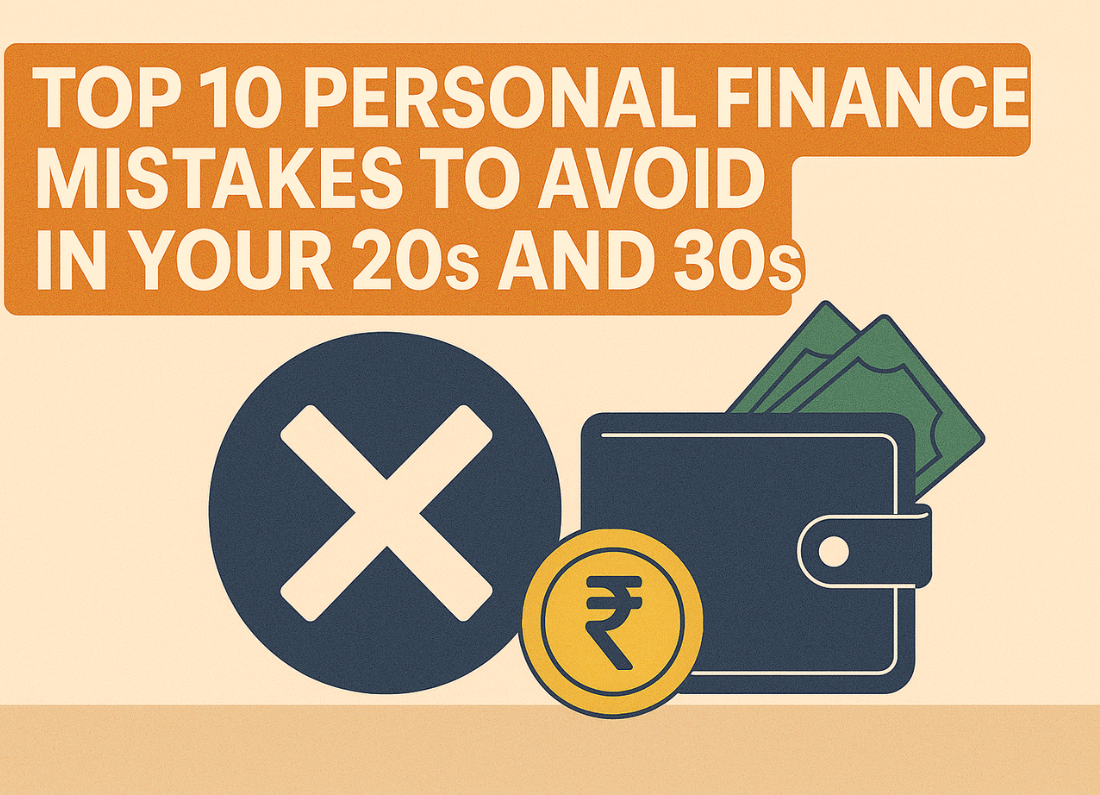
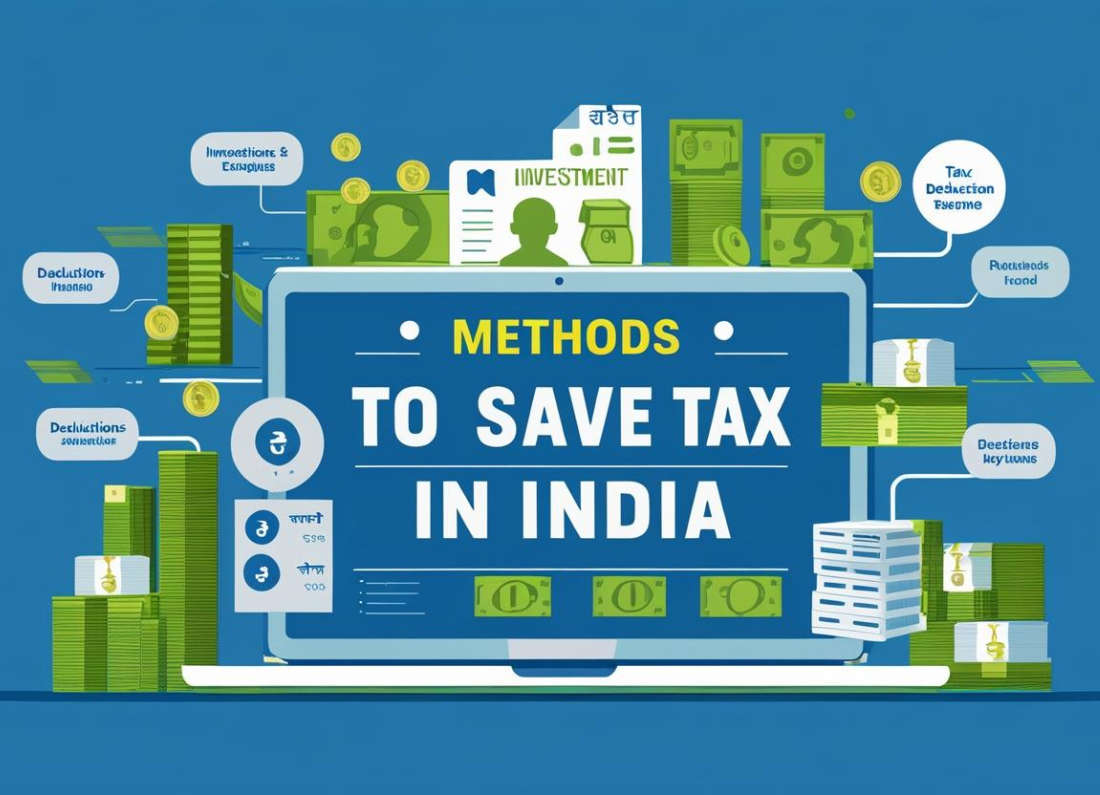


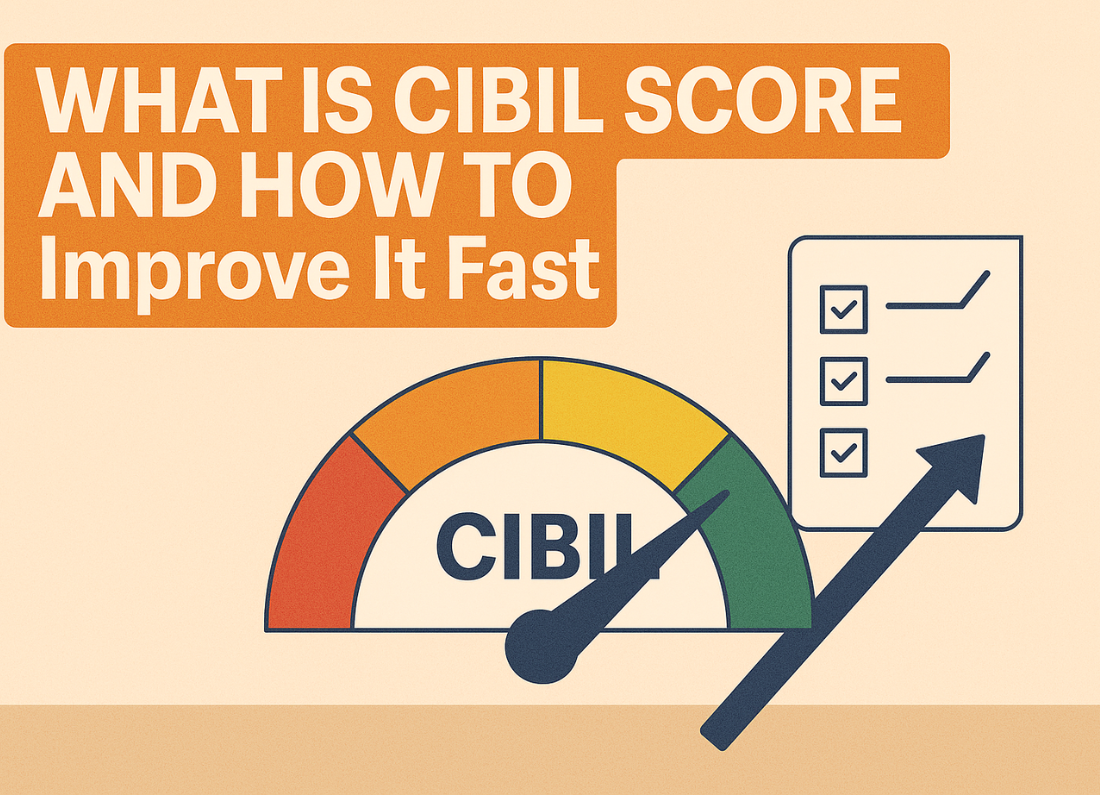
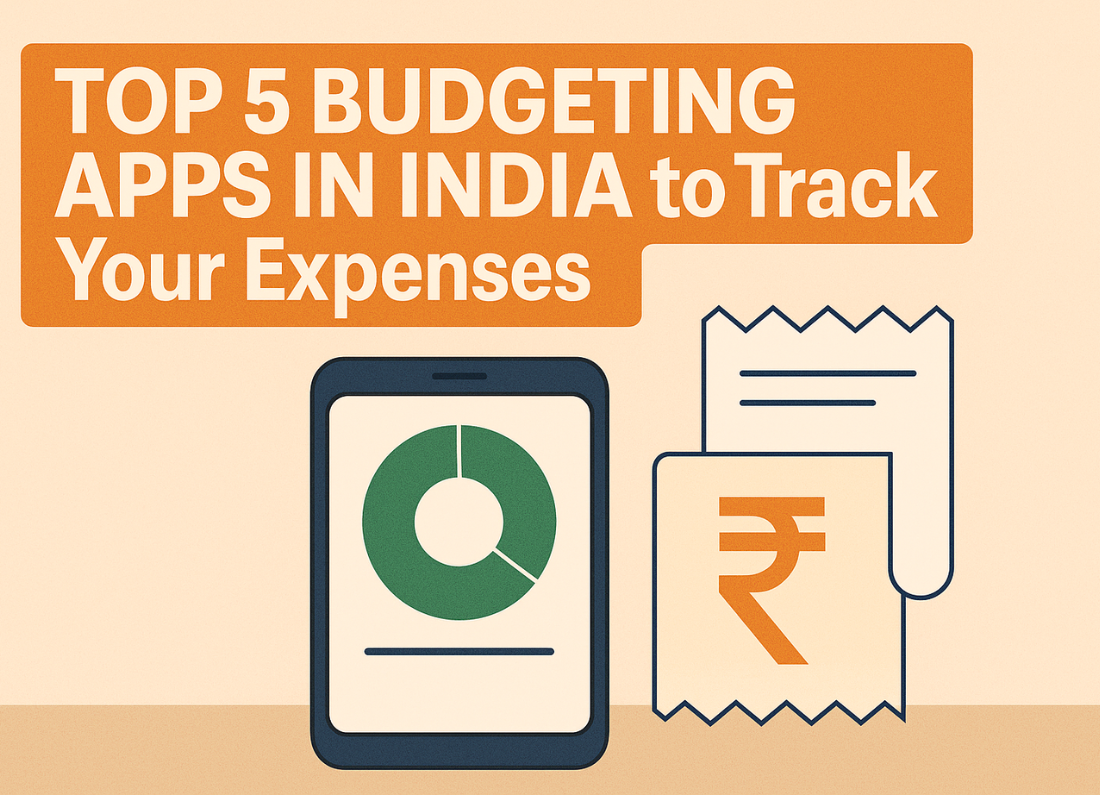
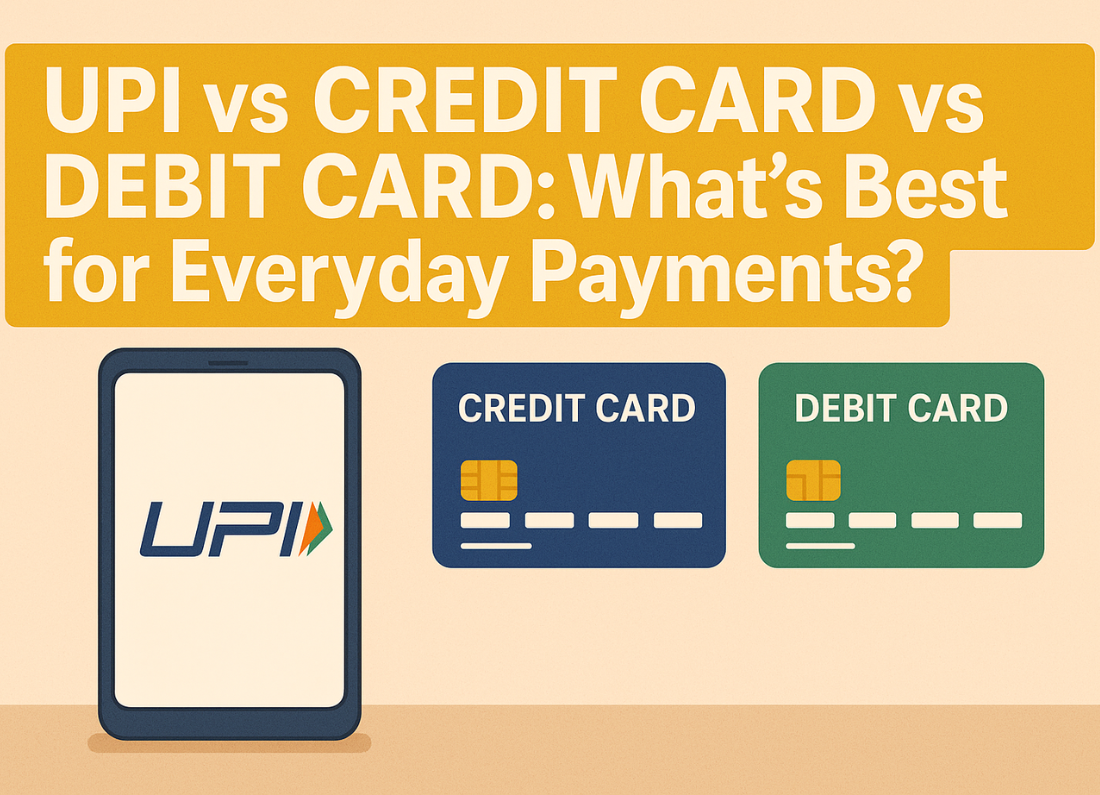

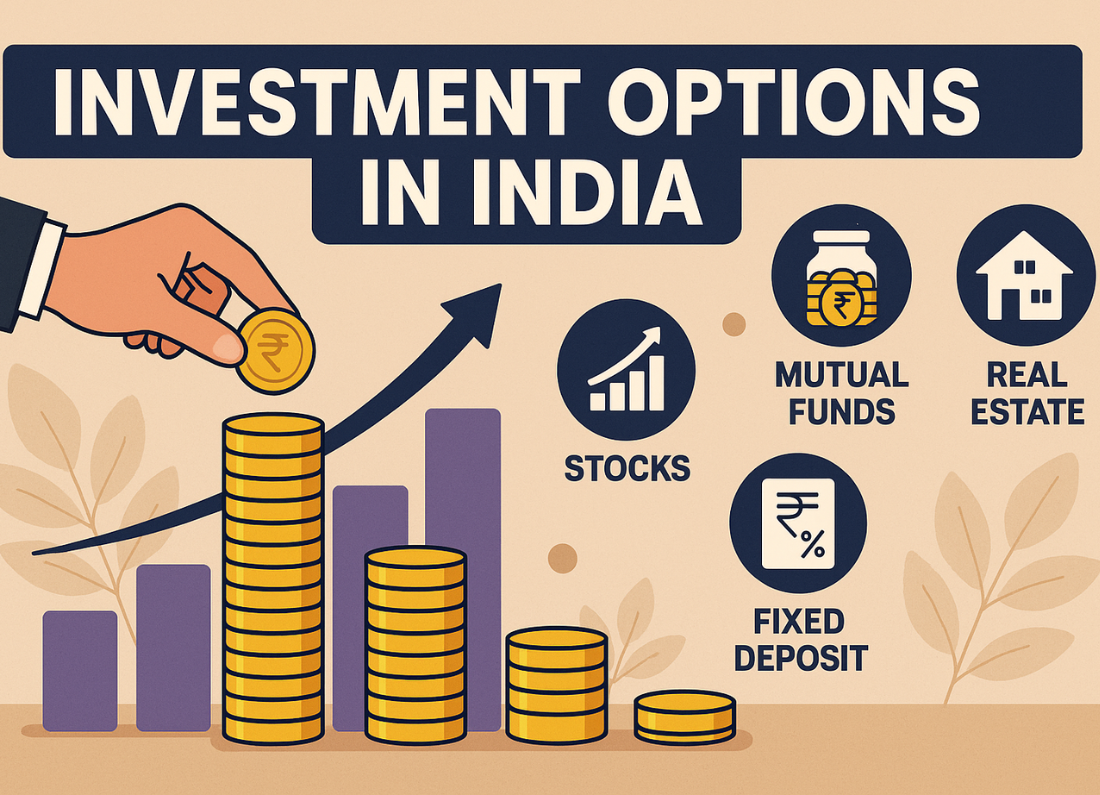




Leave a Reply